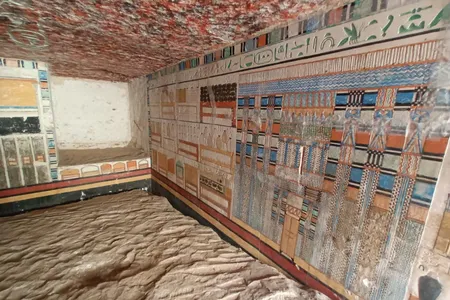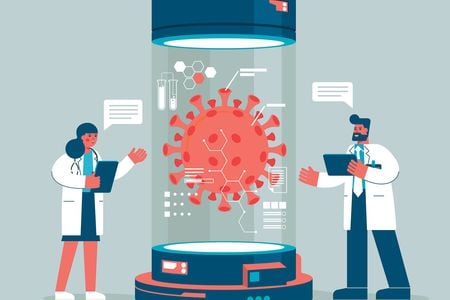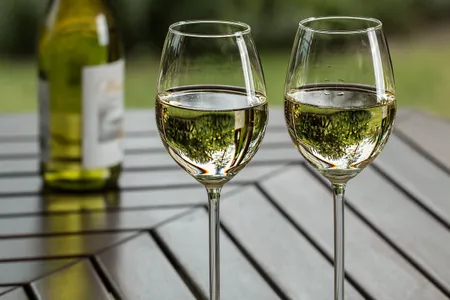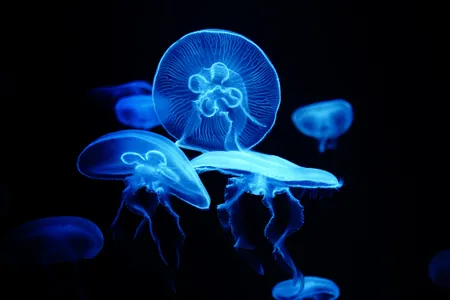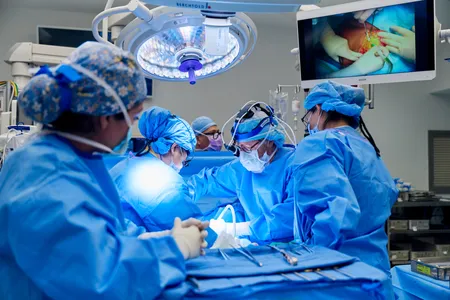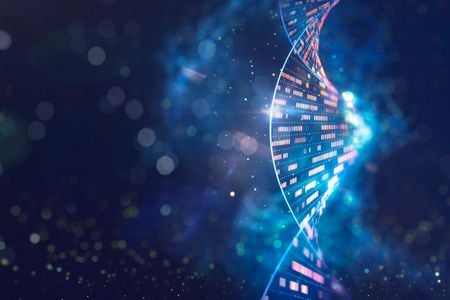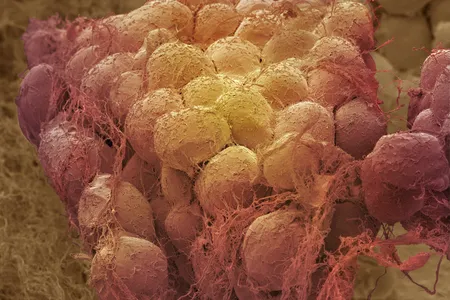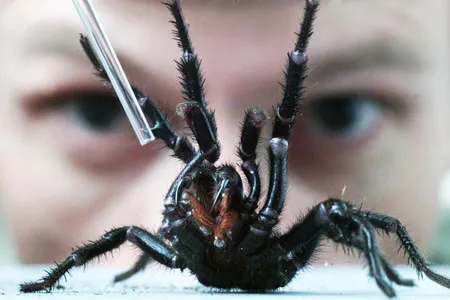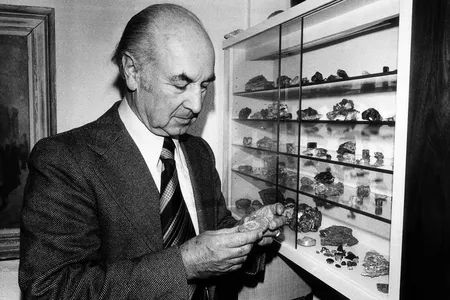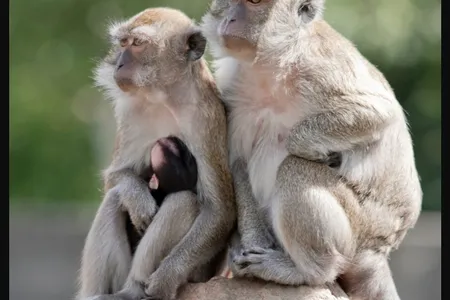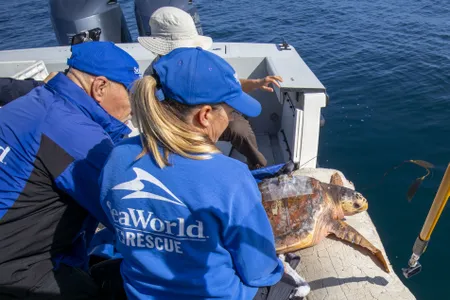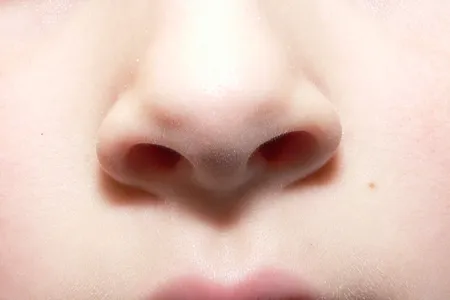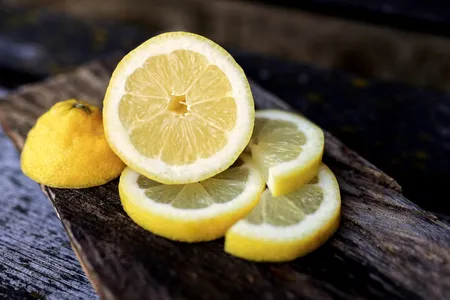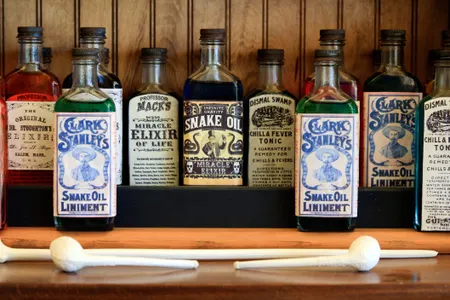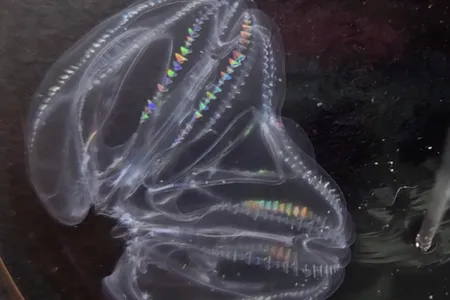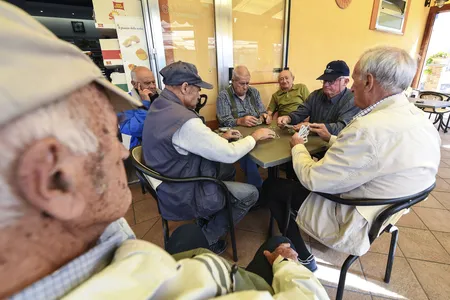Archaeologists Discover Intricately Decorated Tomb Belonging to a Doctor Who Treated Egyptian Pharaohs 4,100 Years Ago
The chamber holds a stone coffin engraved with the physician’s name and titles, which include “director of medicinal plants” and “chief dentist”
What Have We Learned From Intentionally Infecting People With Covid-19?
Challenge trials help researchers study immune responses. Skeptics still doubt the approach is worth the risks
Ancient Romans Breathed in Enough Lead to Lower Their IQs, Study Finds. Did That Toxin Contribute to the Empire’s Fall?
Using Arctic ice core samples, researchers estimate silver mining and smelting released enough lead during the Pax Romana to cause a 2.5- to 3-point drop in IQ
Alcohol Consumption Raises the Risk of Seven Cancers, Says U.S. Surgeon General in a New Health Advisory
The “Nation’s Doctor” has called for a cancer warning label on alcoholic beverages and suggests the recommended limits for alcohol consumption should be reassessed
Seven Scientific Discoveries From 2024 That Could Lead to New Inventions
From indestructible tardigrades to body-merging comb jellies, animals can teach humans so much about medicine, robotics, aging and survival
An Alabama Woman Got a Gene-Edited Pig Kidney Transplant. Three Weeks Later, She Has ‘Never Felt Better’
On November 25, 53-year-old Towana Looney became just the third living person to receive a pig kidney in an experimental procedure
Scientists Warn of an ‘Unprecedented Risk’ From Synthetic ‘Mirror Life,’ Built With a Reverse Version of Natural Proteins and Sugars
So-called mirror cells could rampage through our ecosystems, food supply and immune systems, experts say, potentially without existing barriers to protect against them
Fat Cells Retain a ‘Memory’ of Obesity, Making It Hard to Lose Weight and Keep It Off, Study Suggests
Obesity leads to DNA alterations that affect gene activity and linger after weight loss, a finding that researchers say could help reduce stigma around the disease
New 3D Bioprinter Could Build Replicas of Human Organs, Offering a Boost for Drug Discovery
The invention uses light, sound and bubbles to quickly create copies of soft tissue that might one day support testing individualized therapies for cancer and other diseases
Australian Zoo Asks Residents to Capture the World’s Most Venomous Spider: the Deadly Sydney Funnel-Web
The Australian Reptile Park’s annual callout is crucial to creating life-saving antivenom
The ‘Penicillin Girls’ Made One of the World’s Most Life-Saving Discoveries Possible
The true, forgotten and sometimes-stinky history of the cohort who took Alexander Fleming’s innovation and forever changed the face of modern medicine
Discover the Origins of a Psychedelic Drug Synthesized by a Swiss Chemist Who Claimed It ‘Found and Called Me’
Five years after he created LSD in a lab on this day in 1938, Albert Hofmann accidentally underwent the first acid trip in human history, experiencing a kaleidoscope of colors and images in a sleepy Swiss city
Forty-Three Monkeys Are on the Loose in South Carolina After Escaping a Research Facility When a Door Was Left Unsecured
Once the first primate made a break, the 42 others followed suit in a simple case of monkey-see, monkey-do
How Sugar Rationing During World War II Fended Off Diabetes and High Blood Pressure Later in Life
Babies who were conceived and born during the period of rationing in the United Kingdom were less likely to develop certain diseases as adults, a new study finds
After Months of Rehab, Moira the Cold-Stunned Sea Turtle Has Been Returned to the Wild
When fishermen found the endangered loggerhead sea turtle off Vancouver Island in February, she was listlessly floating in a bed of kelp
People Born Without a Sense of Smell Have Different Breathing Patterns, Study Finds
Study participants with lifelong anosmia sniffed less than those with a normal sense of smell. Future research could shed light on whether this has negative implications for their health
Is Scurvy Making a Comeback? Two Recent Cases Highlight How the Illness Can Appear in the Modern World
Scurvy diagnoses in Australia and Canada suggest doctors should consider testing for vitamin C deficiency in patients experiencing poverty, food insecurity and social isolation
How Snake Oil Became a Symbol of Fraud and Deception
The terms “snake oil” and “snake-oil salesperson” are part of the vernacular thanks to Clark Stanley, a quack doctor who marketed a product for joint pain in the late 19th century
These Frankenstein-Like Sea Creatures Can Actually Fuse Their Bodies Together
Two comb jellies can merge their digestive and nervous systems and even sync their bodily functions, according to new research. The discovery could have implications for human medicine
Human Lifespan Might Be About to Hit a Ceiling, Experts Say
In the ’90s, many scientists disputed an epidemiologist’s warning that the fast-paced life extension of the 20th century would plateau. Now, a new study suggests he was right
Page 3 of 58
